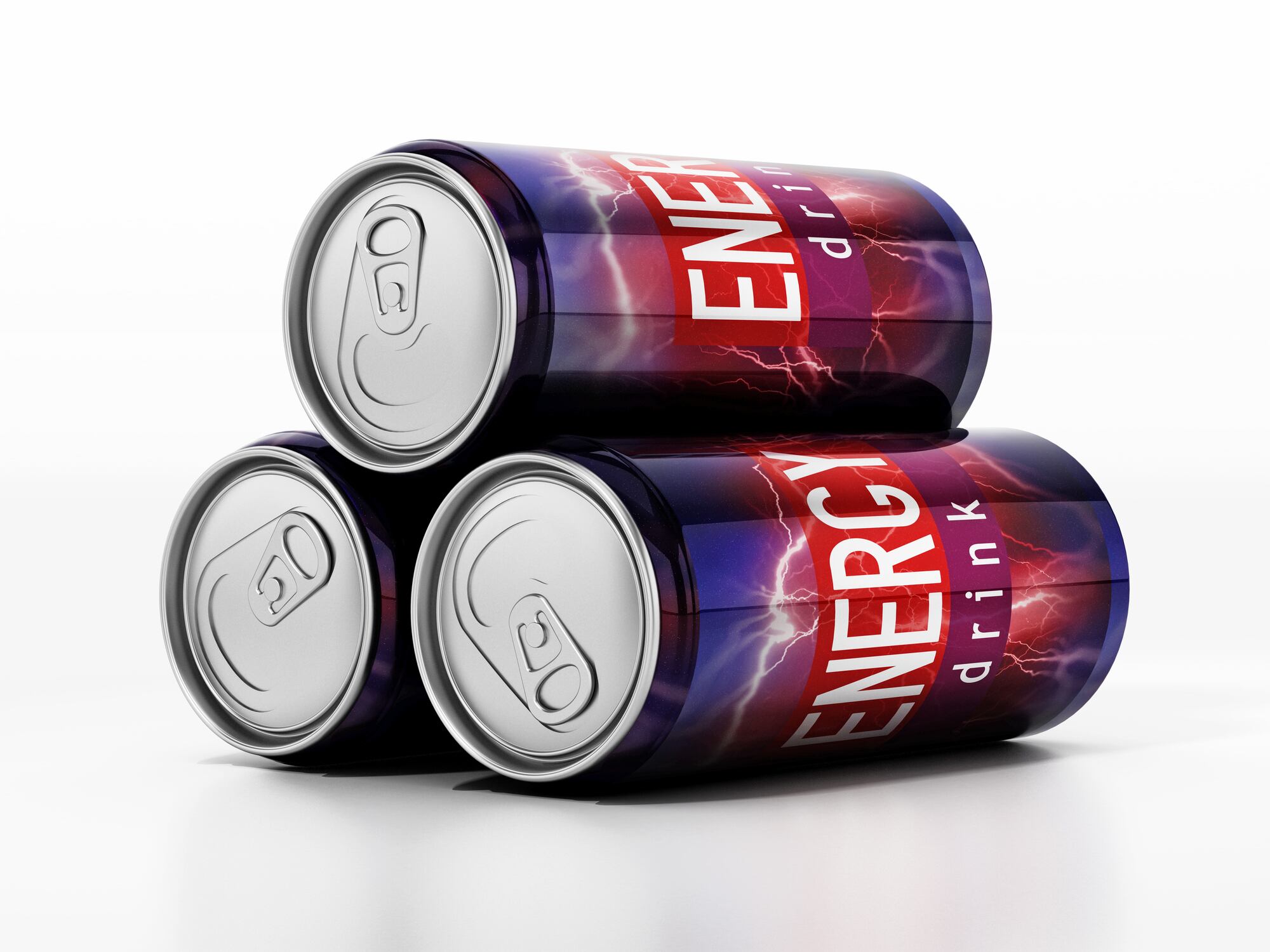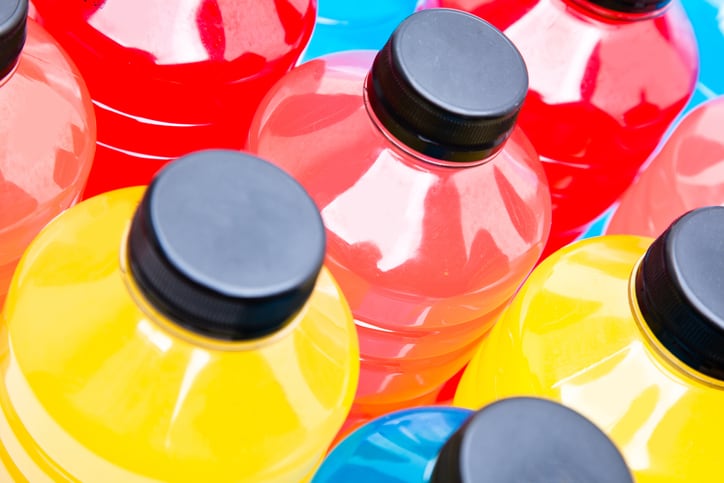The groups sent letters to more than 40 energy drink companies urging them to review their marketing to “ensure compliance with the law”.
A key component of the complaint is the use of candy logos on energy drinks products, which Fran Fleming-Milici, PhD, Rudd Center’s Director of Marketing Initiatives, called an “egregious display of putting profit over common sense and the well-being of children.”
In a press release, Bonnie Patten, TINA.org’s Executive Director, stated: “Energy drink companies […] are now taking a page from the e-cig industry’s playbook, violating the law by using fun kid-friendly flavors to attract children to products that are meant for adults. This practice has to stop.”
Lawyer: 'These products are part of a wider market that is saturated with caffeinated, sugary, flavored beverages'
Matt Orr, Partner at Amin Talati Wasserman, LLP, which represents some of the energy drink brands targeted, told us that it is TINA that is, “taking a page from the playbook for e-cigarettes and trying to apply that playbook to energy drinks, but there are significant differences that could dampen any regulatory interest."
First of all, said Orr, "Energy drinks don’t pose the same harms. Nicotine is known to be harmful to adults and children, but there’s no reliable science showing harm from caffeine or energy drink consumption.
“These products are also part of a wider market that is already saturated with caffeinated, sugary, flavored beverages.”
Orr also pointed out that the legal landscape is fundamentally different with no state laws that prohibit the marketing or sale of energy drinks to minors.
Ghost: 'Authentic collaborations'
Much of TINA’s and the Rudd Center’s attention was focused on high-growth lifestyle brand Ghost because of its flavor and packaging tie-ins with brands such as Swedish Fish, Sour Patch Kids, and Warheads. Ghost pioneered the high-profile flavor collaborations in the sports nutrition space, with these licensing deals seen by industry observers as an innovative way to tap into the nostalgia of many active adults while also providing consumers with instantly recognizable flavors for their pre-workout or protein products.
As Daniel Fabricant, PhD, President and CEO of the Natural Products Association, told us, “There’s nothing in the law that says these [sports or energy] products have to taste horrible. The whole premise is ridiculous.”
In addition to the associations with candy brands, TINA/ UConn Rudd also alleges that Ghost works with ‘kid-friendly’ influencers, and markets on gaming platforms targeting teenagers.
“As a well-established company with the backing and support of industry giants such as Mondelez International and Anheuser-Busch InBev, there is simply no excuse for Ghost’s multiple violations of the law. TINA.org and the Rudd Center urge the FTC and FDA to open investigations into Ghost and take appropriate enforcement action,” stated a letter to officials at the Federal Trade Commission and the Food and Drug Administration.
In response to the allegations, Ghost told us: “GHOST is committed to creating a lifestyle brand that sells transparent and honest products that include authentic collaborations. GHOST has an unyielding Responsible Marketing Code of Conduct Policy that strictly prohibits marketing to kids under 18 years old and sets stringent guidelines to ensure adherence.
“GHOST takes this matter very seriously and we are continuously and thoroughly evaluating our packaging, content, and marketing materials to reflect and uphold our Code of Conduct. Our customers, team members, and partners are extremely important to us, and our goal is to set an honorable standard both for our company and category.”
Trade association: 'We appreciate the concern for the children'
NPA’s Dr Fabricant said the industry needs to work together to “punch back on this."
“We appreciate the concern for the children, and we are happy to work with anyone if there are real violators, but there’s no lack of disclosure from these brands. Many of the labels contain warnings and you have to look at labeling in its entirety.”
He noted that Ghost products, for example, include the following label warning: CAUTION: THIS PRODUCT IS ONLY INTENDED FOR HEALTHY ADULTS, 18 YEARS OF AGE OR OLDER.
So, what happens next? In Orr’s opinion: “The TINA petition will likely result in some voluntary actions by the targeted brands, including tightening of label messaging and keener oversight of marketing efforts, but I’m not sure this is an area that the regulatory bodies will be eager to enter."





